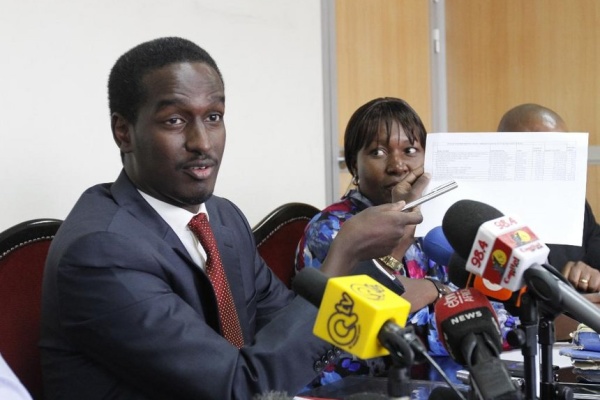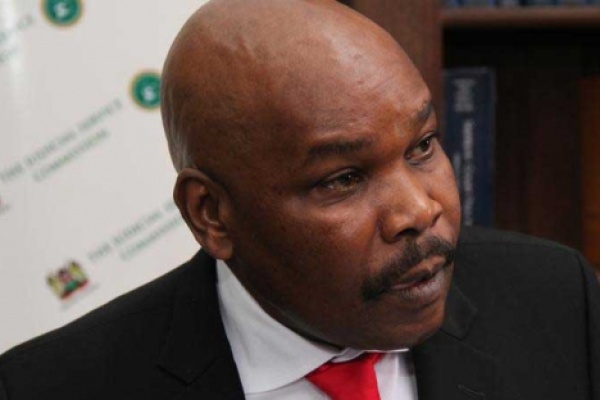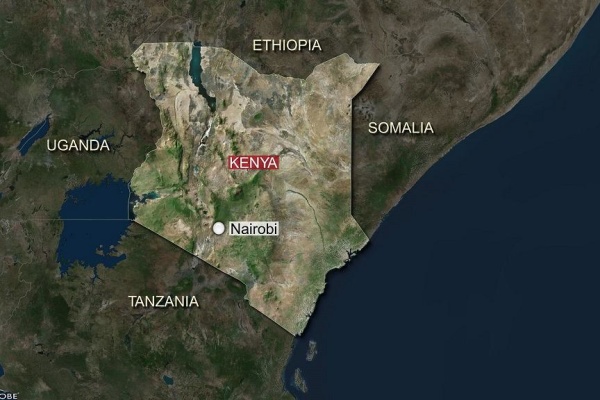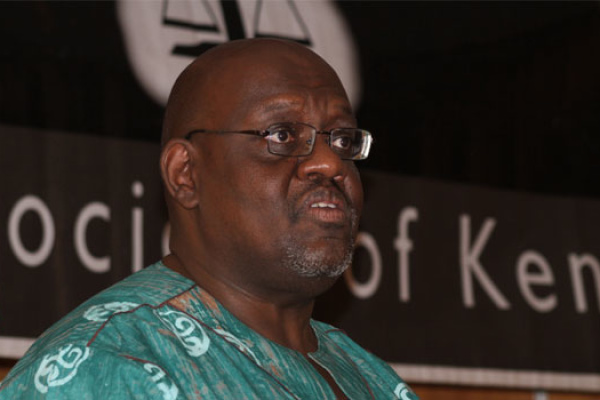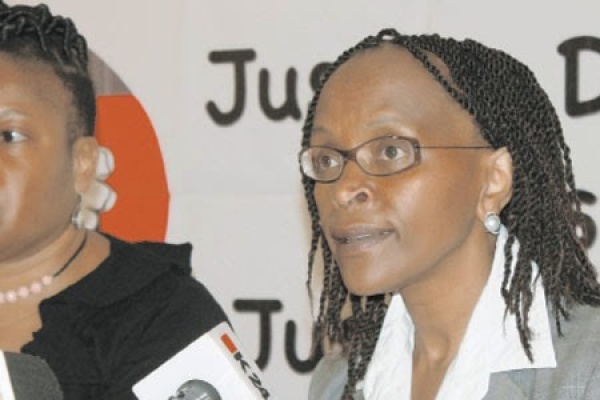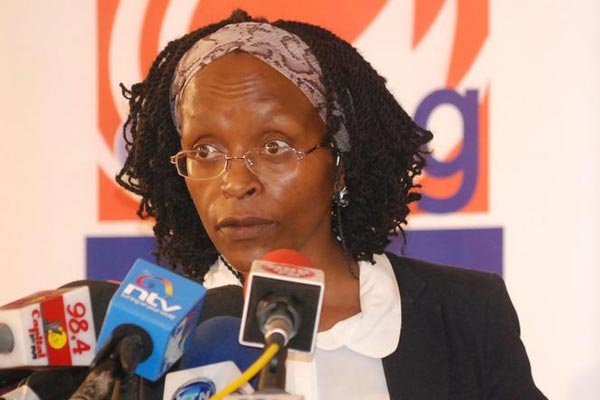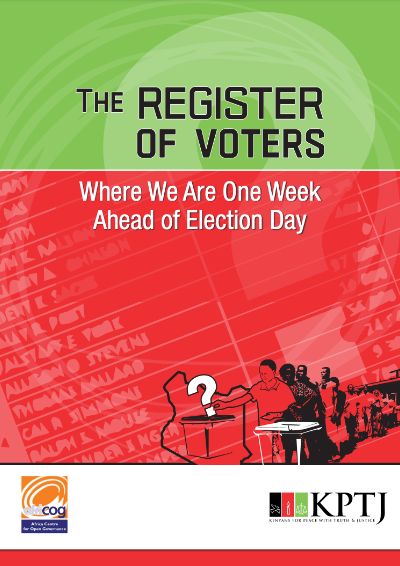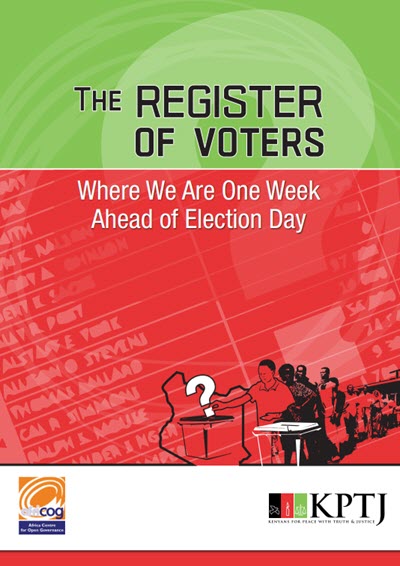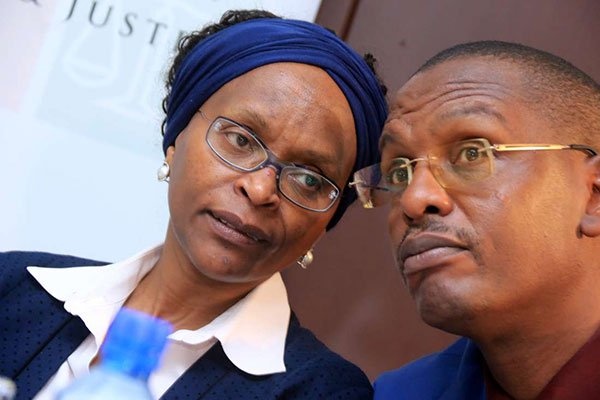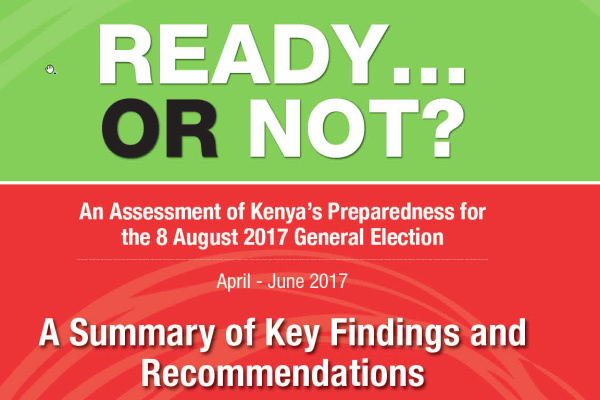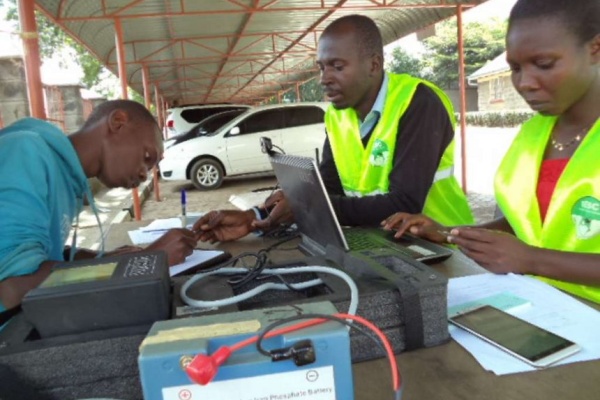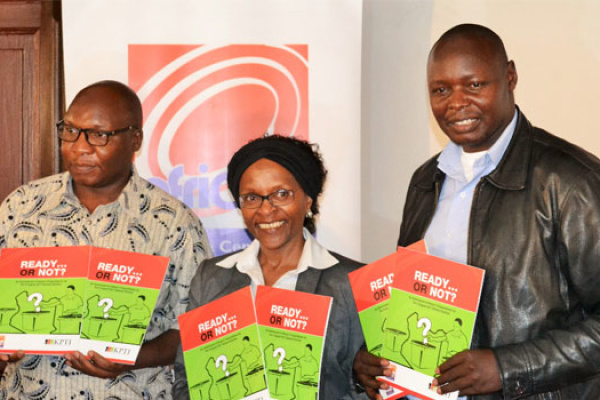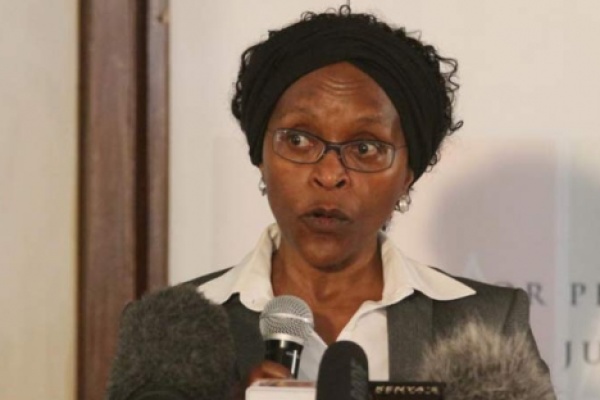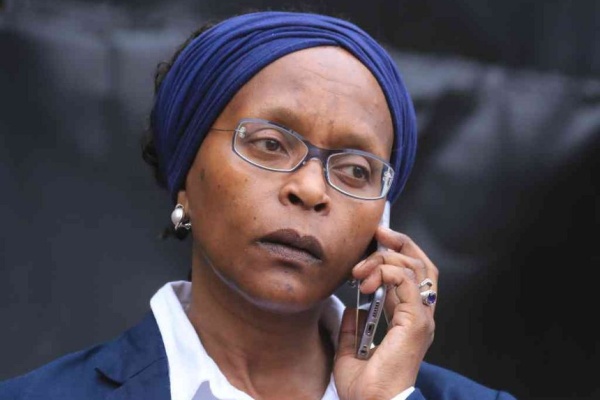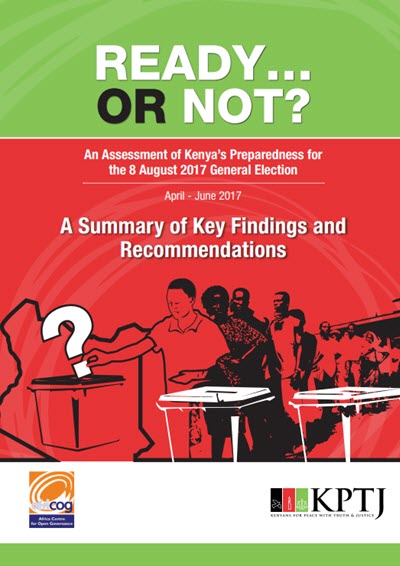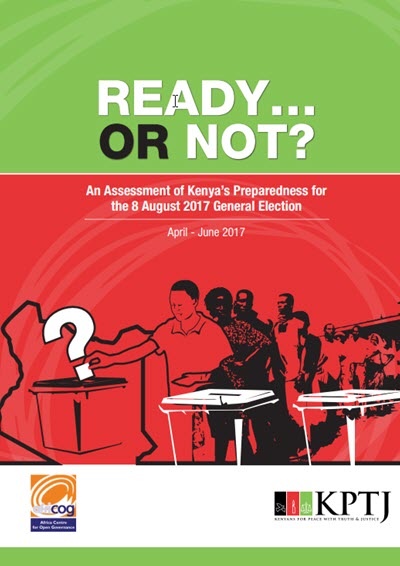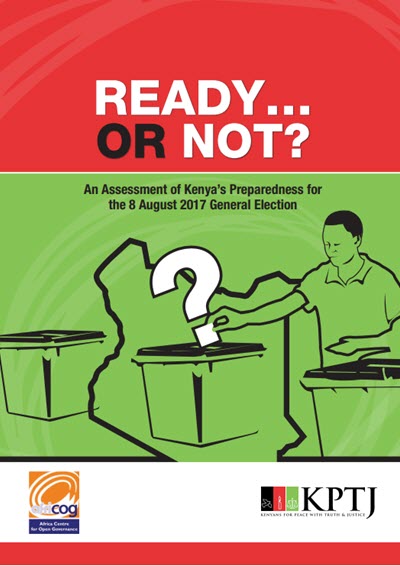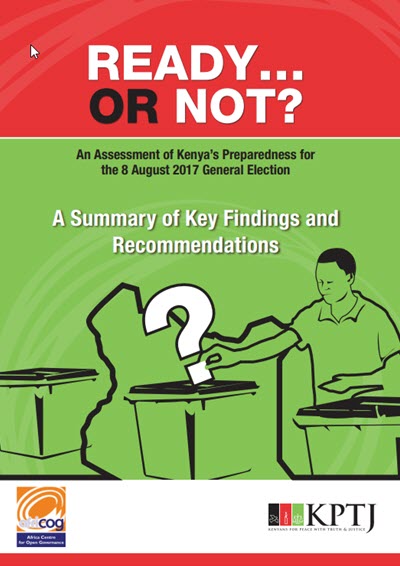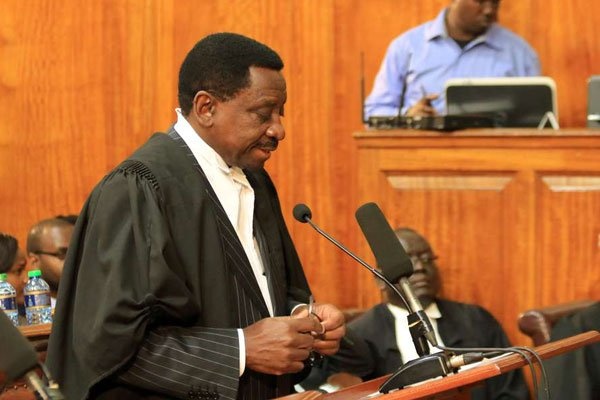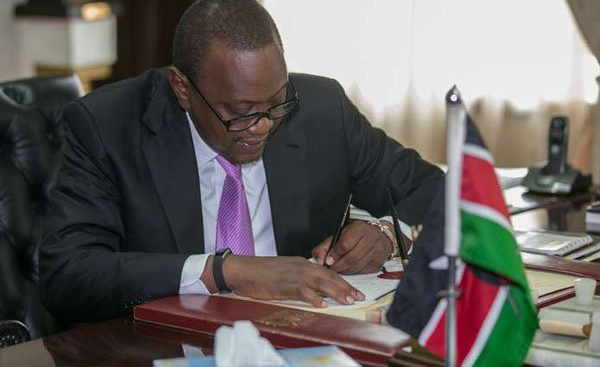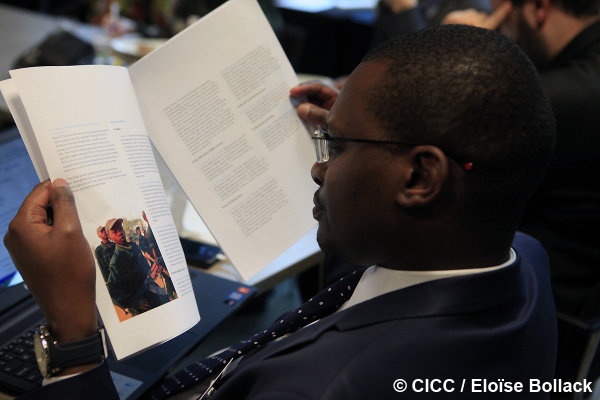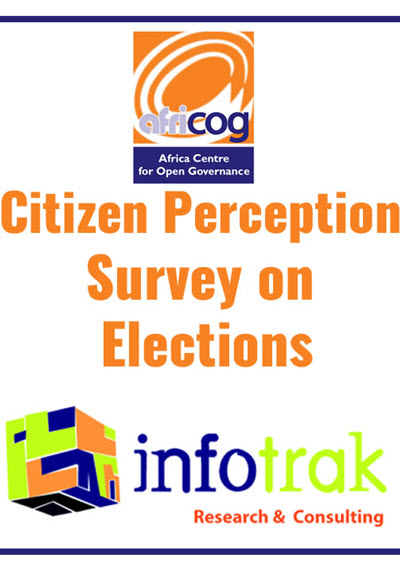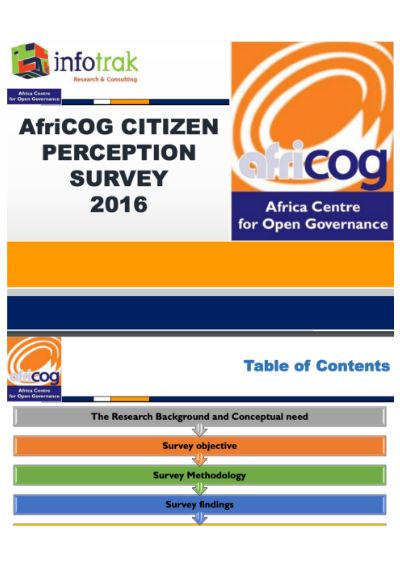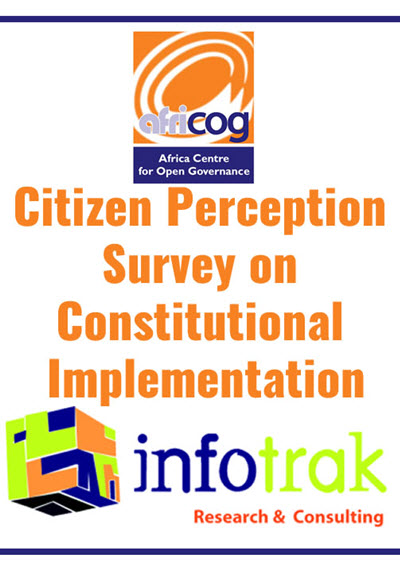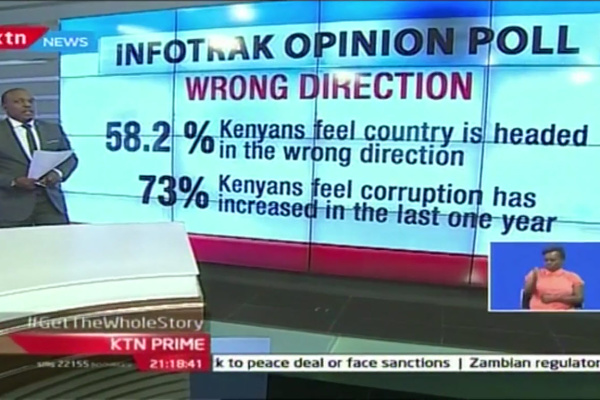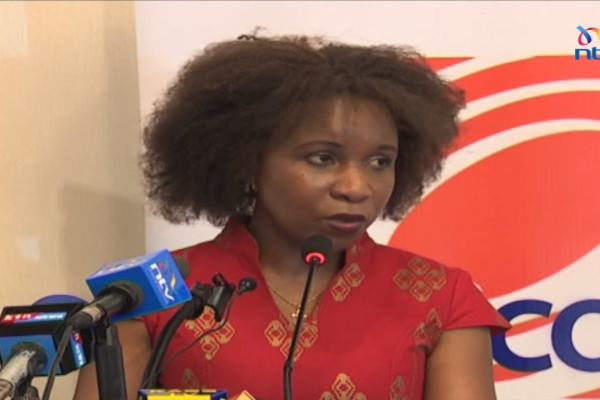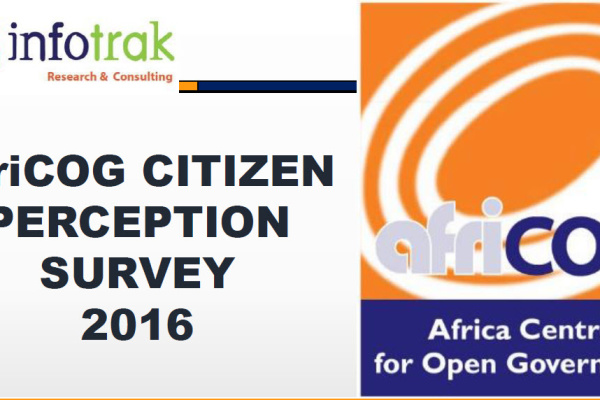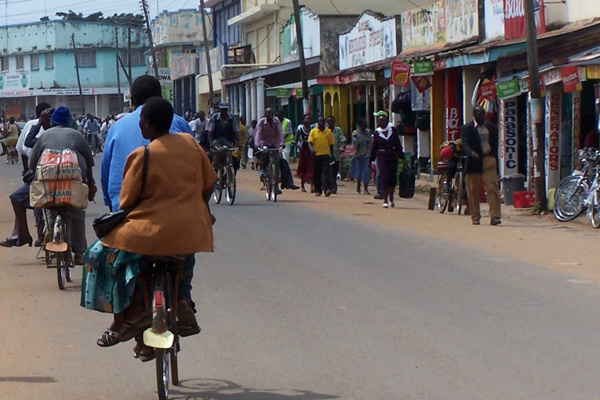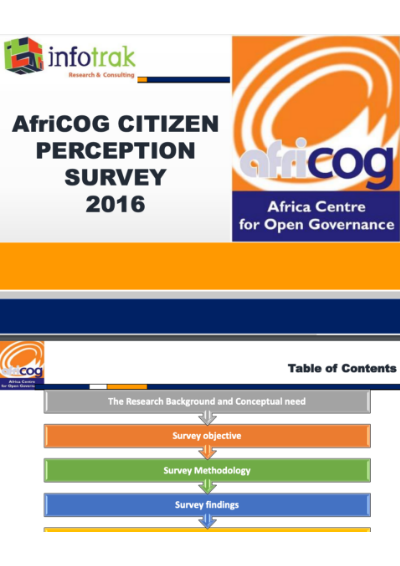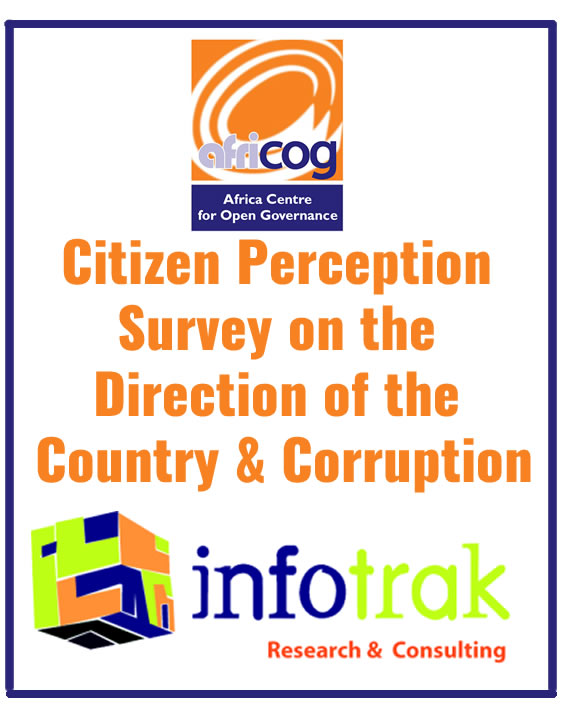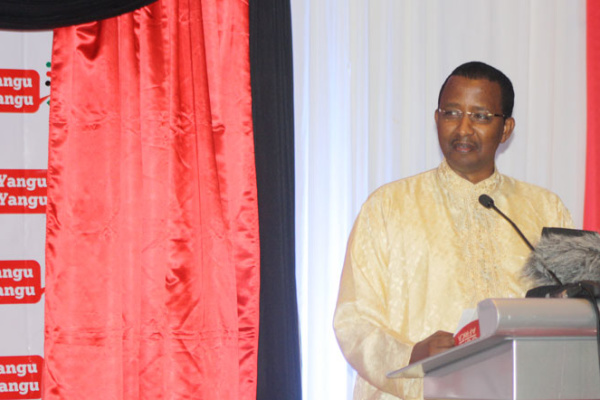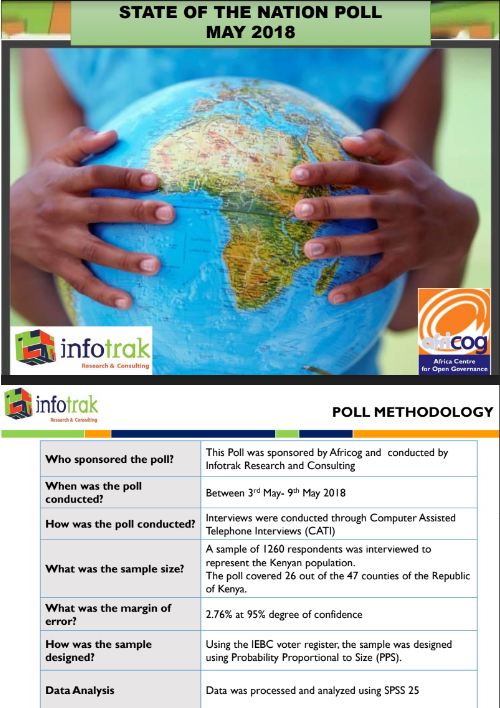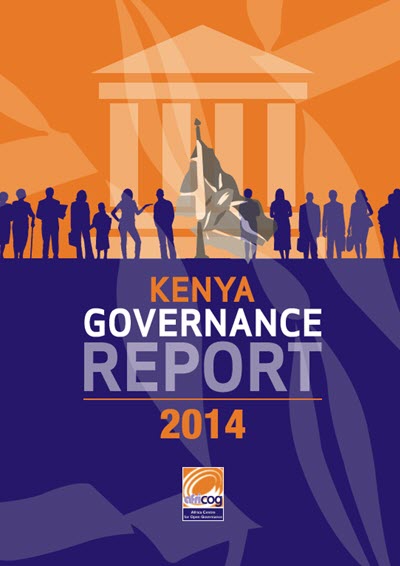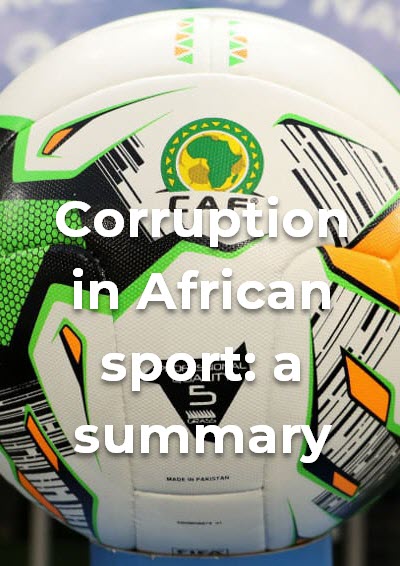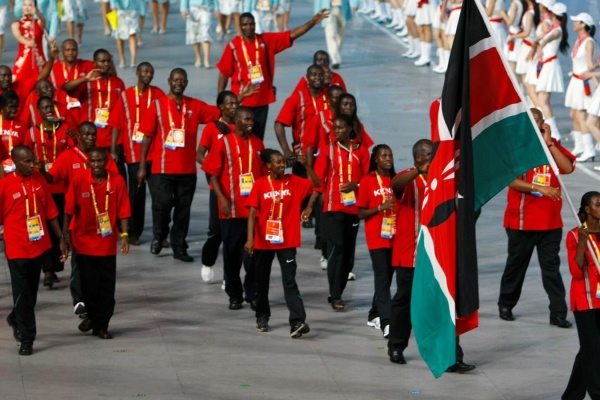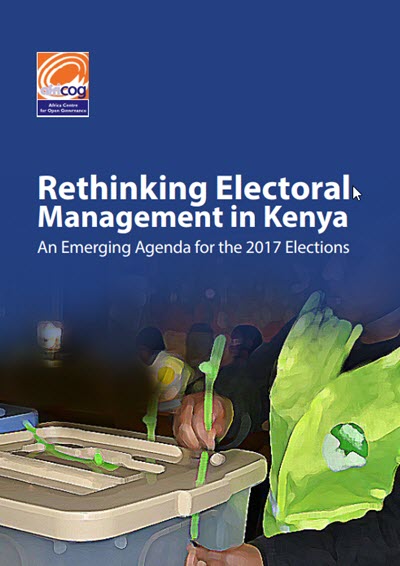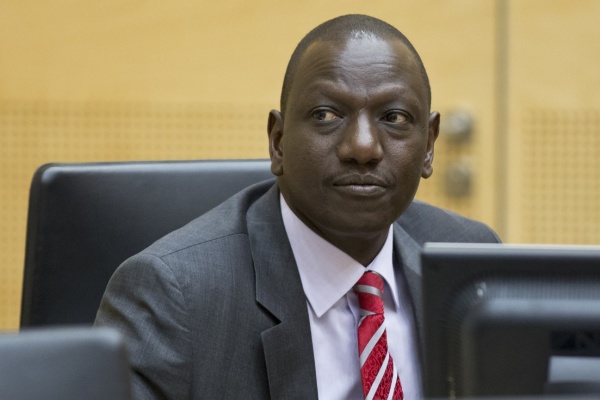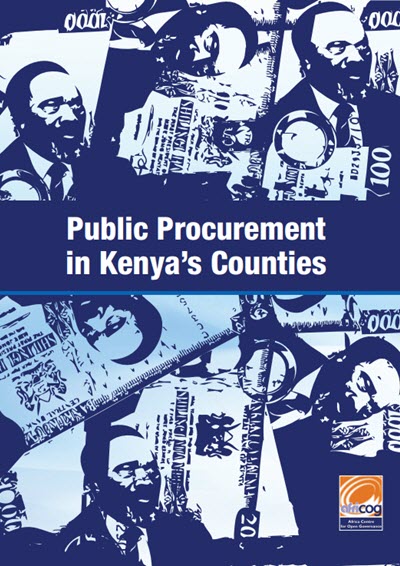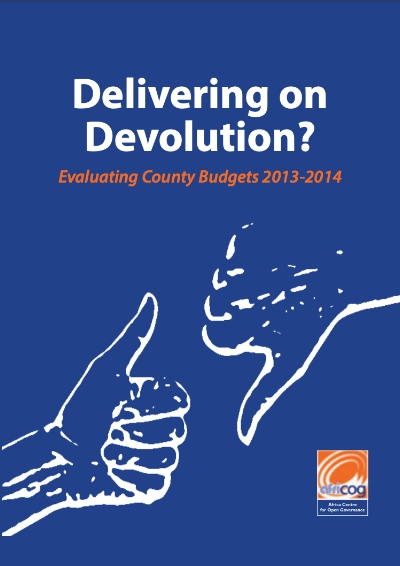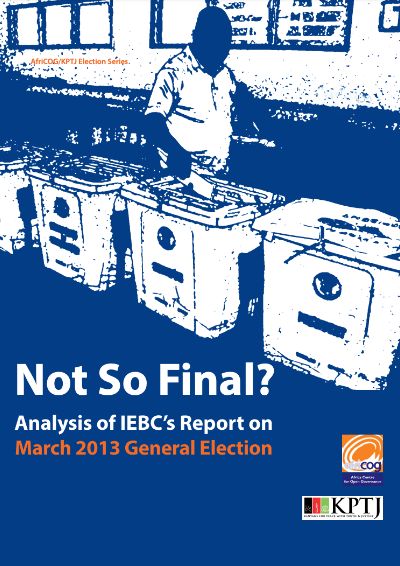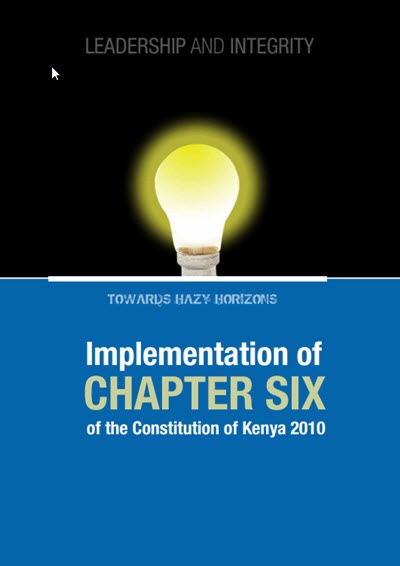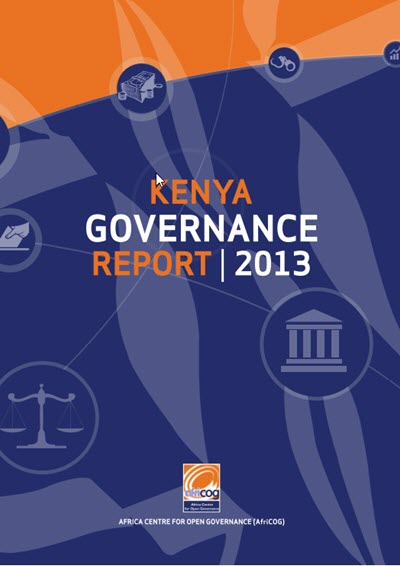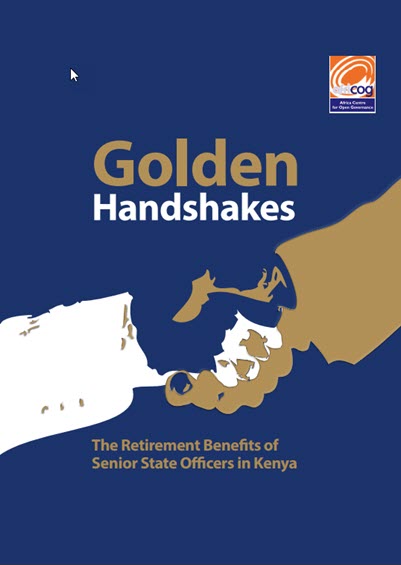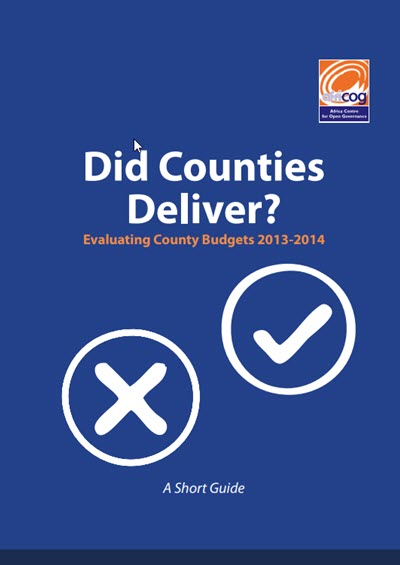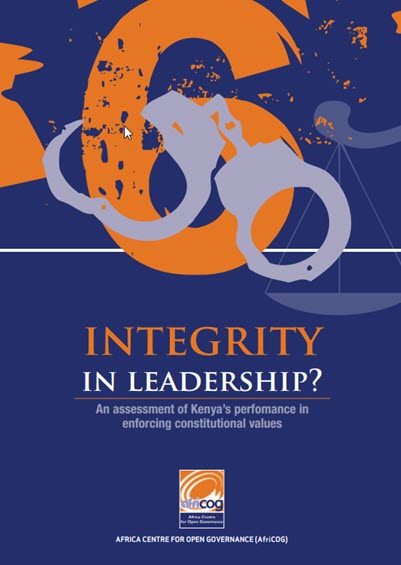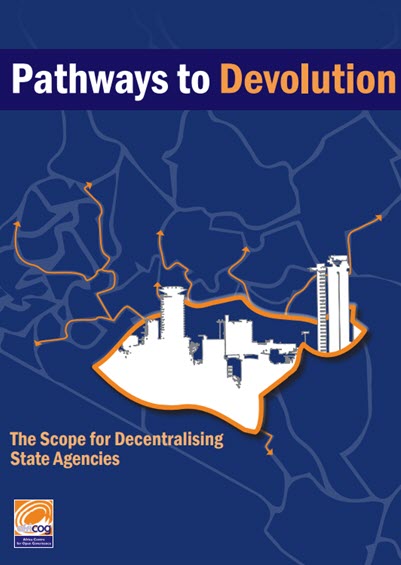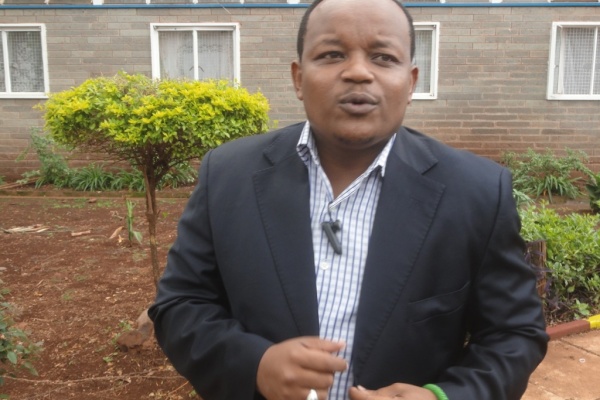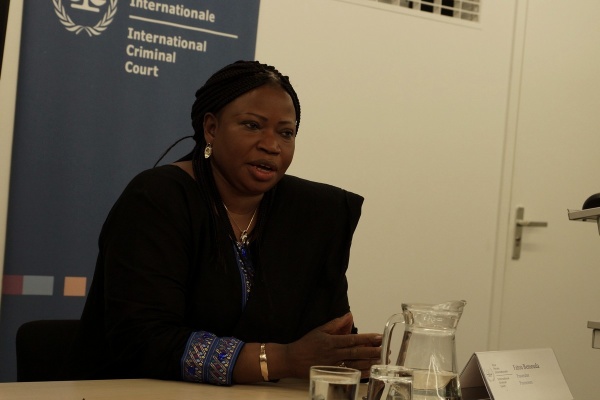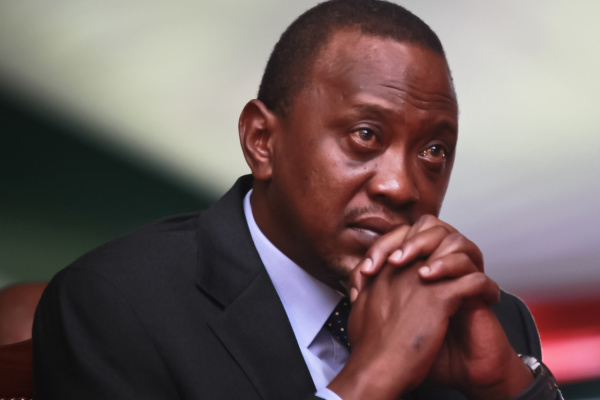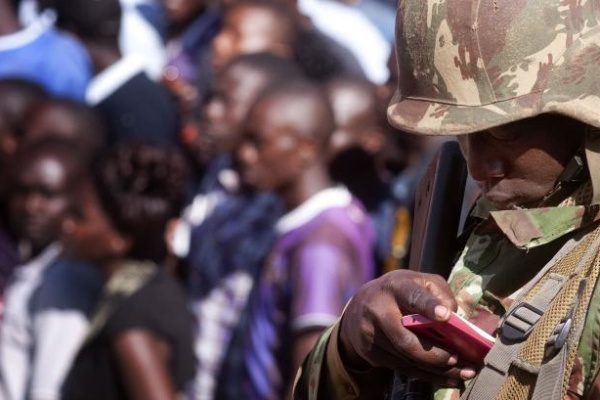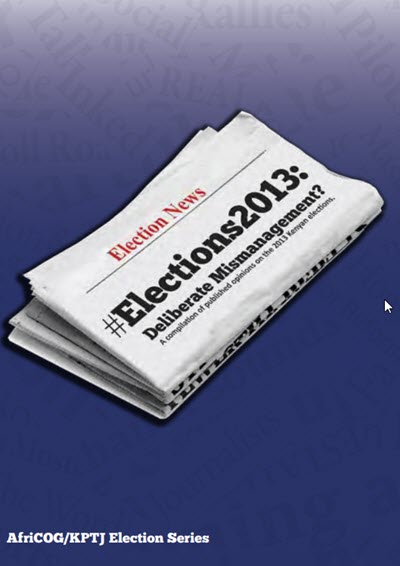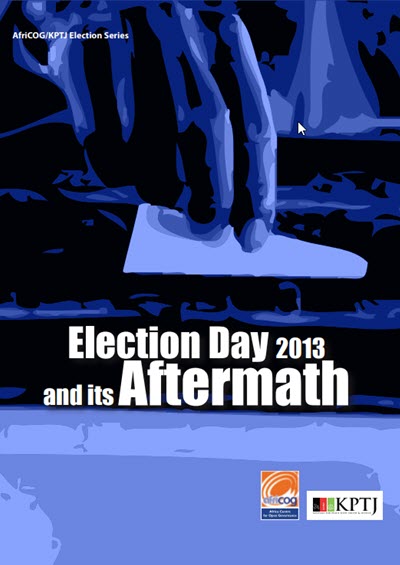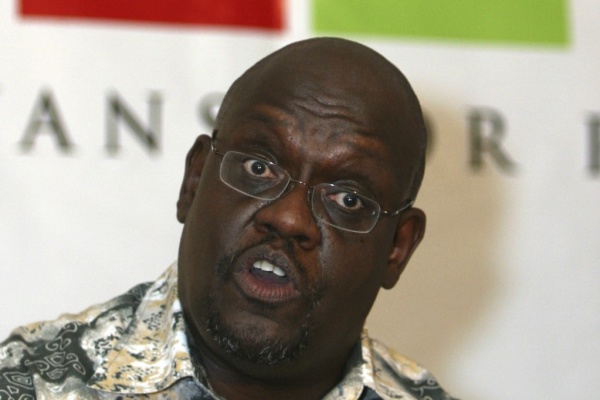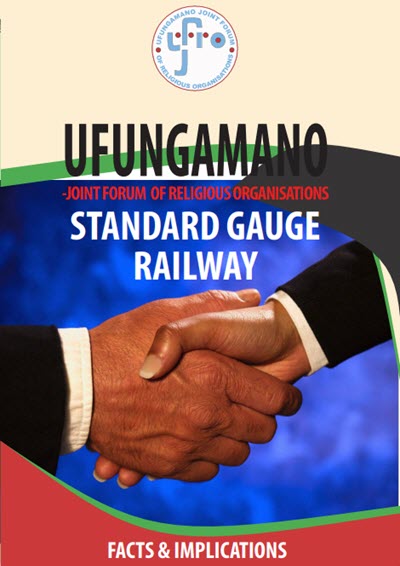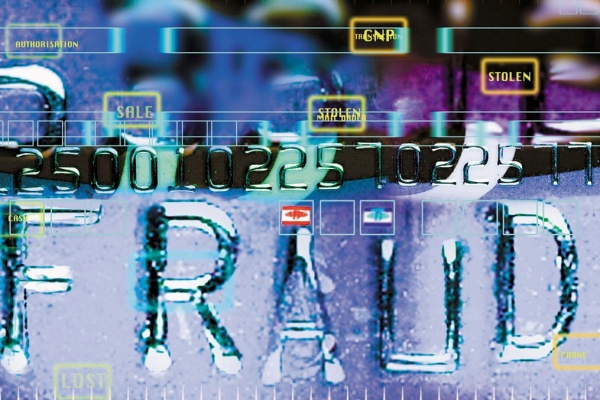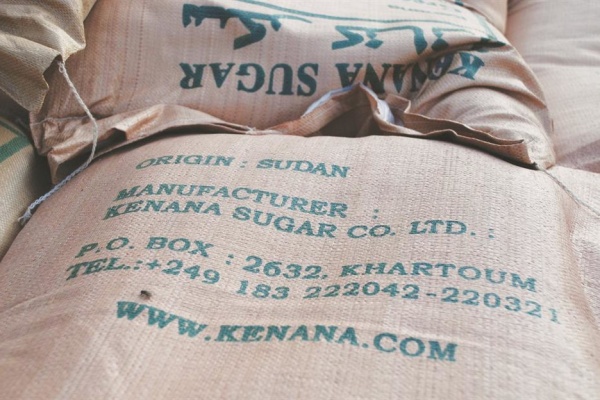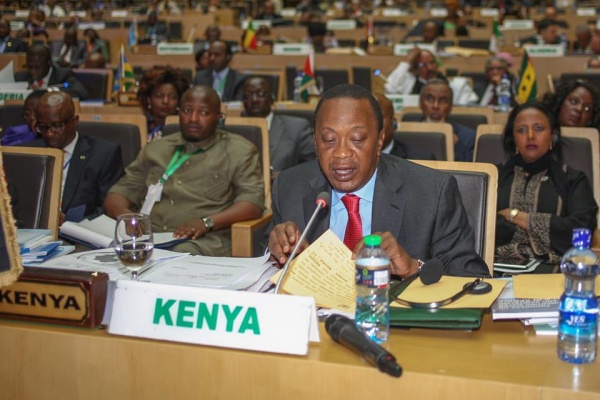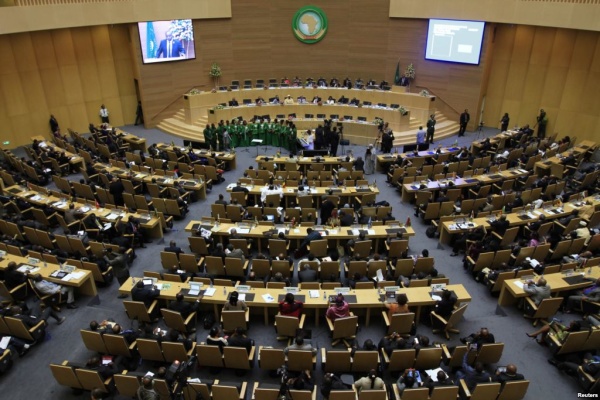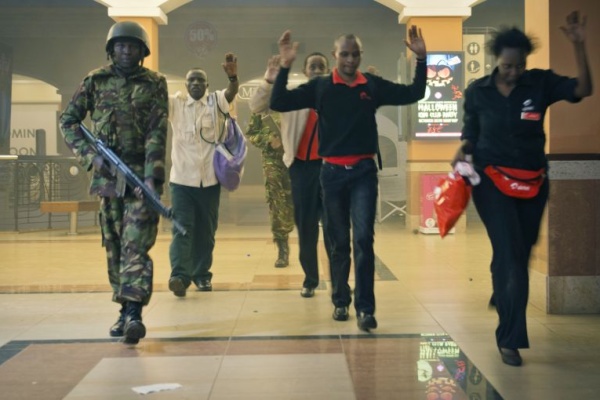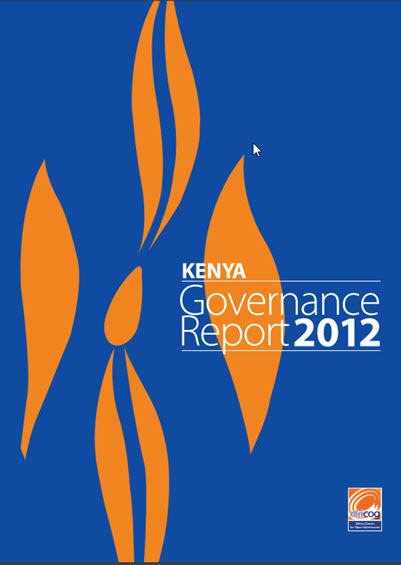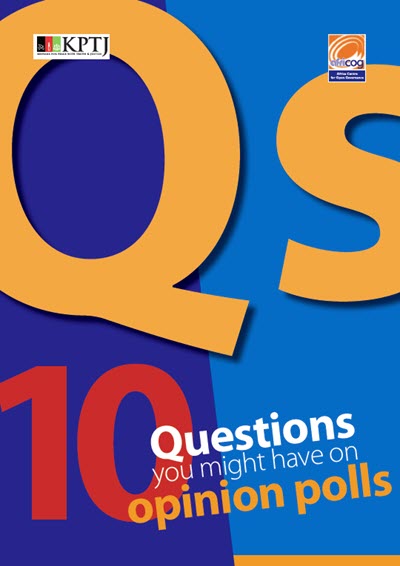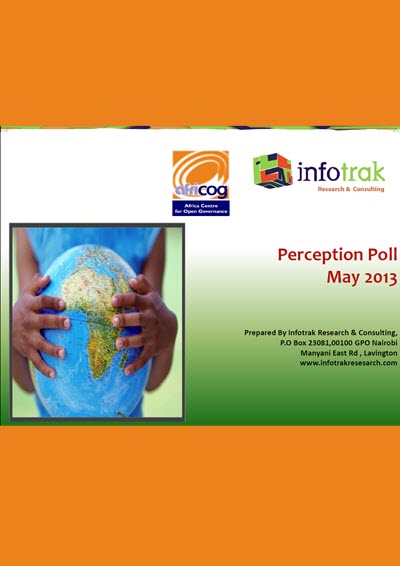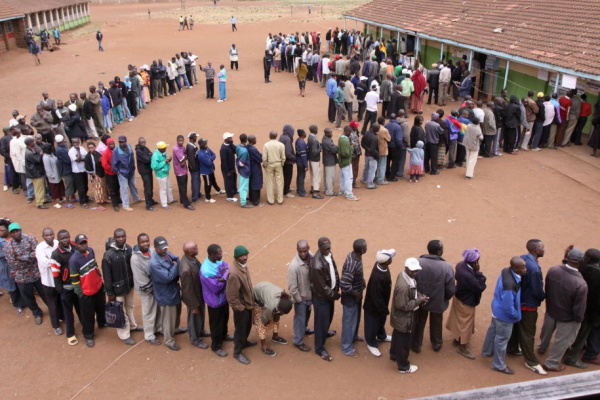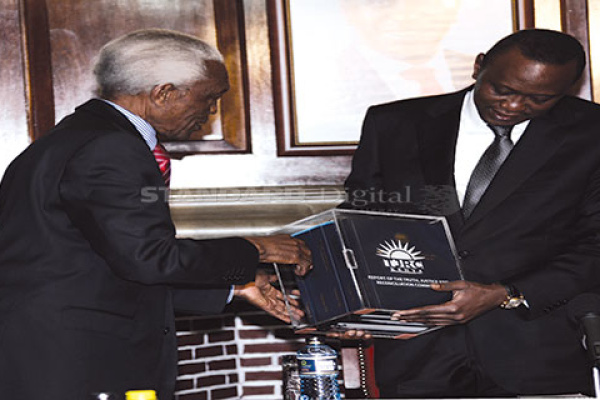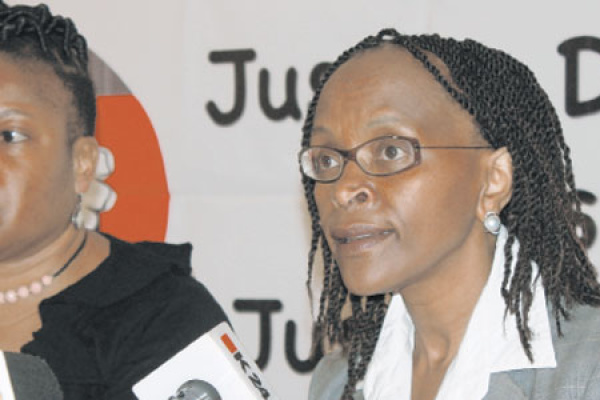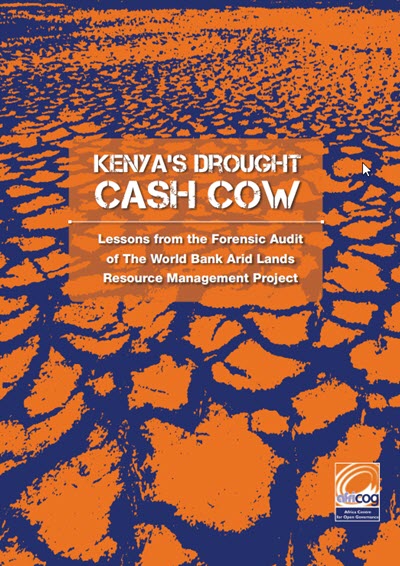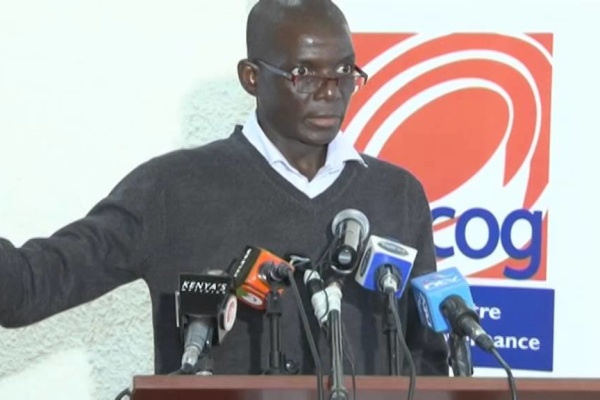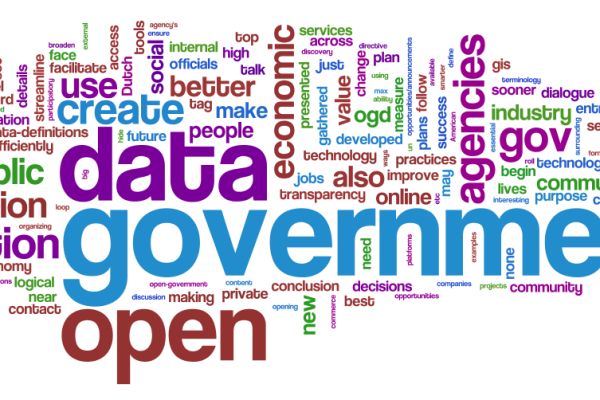Kenya may have bitten more than it can chew as far as some of the amendments it is proposing on the ICC Rome Statute at the ongoing Assembly of State Parties are concerned.
Kenya has not only failed to give the relevant three-month notice to amend the statute, the amendments – to be discussed this afternoon and on Monday afternoon – go to the very heart of the statute.
The dearest amendment to Kenya’s heart- entrenchment of immunity for sitting heads of states- is also the dearest to the statute.
Article 27 which Kenya wants amended provides for irrelevancy of official capacity. It says that the statute “shall apply equally to all persons without any distinction based on official capacity.”
To avoid any doubts, Article 27(1) expressly states that “official capacity as a Head of State or Government, member of government or Parliament, elected representative or a government official shall in no case exempt a person from criminal responsibility.”
For further avoidance of doubt, Article 27(2) adds: “Immunities or special procedural rules which may attach to the official capacity of a person, whether under national or international law, shall not bar the court from exercising its jurisdiction over such a person.”
Kenya however wants this Article amended by including Article 27(3) to read: “Notwithstanding paragraph 1 and 2 above, serving heads of states, their deputies and anybody acting or is entitled to act as such may be exempted from prosecution during their current term of office. Such an exemption may be renewed by the court under the same conditions.”
Kenya argues that the Article as it currently stands “goes against the basic tenets of international law pertaining to privileges and immunities of government officials.” But civil society groups supporting ICC think otherwise.
“Immunity for government leaders before the ICC is contrary to the basic principle that no one should be above the law. We should not deny victims and their families justice because their tormentors hold high political positions,” Georges Kapiamba, President of the Congolese Association for Access to Justice said on Monday.
“Human rights abuses by governments and armed groups remain one of the biggest challenges confronting people in Africa,” George Kegoro, the executive director of International Commission of Jurists adds.
He says the ICC serves as a crucial court of last resort. Africog’s Gladwell Otieno said the amendment to exempt government officials contravenes everything the Rome Statute stands for.
“The principle of equality before the law would be violated if some accused are allowed not to attend trial based on status,” says Otieno.
She says the amendment is worsened by the fact that both Uhuru and Ruto were aware of their indictment when they offered themselves for presidency in the March 4 polls.
Besides Article 27, Kenya is also seeking amendments to Article 63, Article 70, Article 112 and even the preamble of the statute.
Article 63 provides that “the accused shall be present during trial.” It also provides for excusal of continuously disruptive accused from attendance in “exceptional circumstances”. Kenya argues that the statute does not define these exceptional circumstances.
It wants the article amended to say that “an accused may be excused from continuous presence in court after the chamber satisfies itself that exceptional circumstances exist, alternative measures have been put in place and considered, including but not limited to changes to the trial schedule or temporary adjournment or attendance through use of communication technology or through representation of counsel.”
Kenya wants the Article to also include other sub articles saying absence shall be considered on a case-by-case basis and that such shall only be granted if the trial chamber satisfies itself that the exceptional circumstances exist.
On Article 70 which talks of “offenses against the administration of justice”, Kenya wants it stretched to include the prosecutor as a possible culprit. Both Uhuru and Ruto’s defence have severally made multiple allegations against the prosecutor.
“This particular Article presumes that such offences save for 70(1)(f) can be committed only against the court. Noting the current situation in the Kenyan cases especially Trial Chamber V (b), this article should be amended to include offences by court officials so that it’s clear that either party to the proceedings can approach the court when such offences are committed.”
On Article 112, Kenya complains that the Office of the Prosecutor has been evading oversight citing Article 42 which guarantees its independence. Kenya wants the statute amended to expressly subject OTP to Independent Oversight Mechanism.
“It is proposed that IOM be operationalised and empowered to carry out inspection, evaluation and investigations of all the organs of the court,” Kenya said in a November 7 proposal send by Deputy permanent representative to the UN, Koki Muli Grignon.
On the preamble of the statute, Kenya wants it amended to reflect complementarity at regional level as well. Currently, it says the “ICC shall be complementary to national jurisdictions.”
Kenya says the amendment is inspired by the African Union resolution, which urged that the cases be handled nationally or regionally.
In addition to these actual amendments to the statute, Kenya is also seeking amendment to Rules of Procedure and Evidence. Contrary to Foreign Affairs Principal Secretary claims that AU/Kenya has not sought option of trying the accused through video-link, Kenya has made a specific proposal on video-link.
On November 4, Kenya’s permanent representative to the UN Macharia Kamau proposed an amendment to Rule 134 to synchronize it to the proposed amendment to Article 63.
The proposed amendment basically provides for option of carrying trial via video-link or through representation of counsel with the chamber’s approval.
Of note however is that Kenya’s proposal covers “entirety of trial”. This is where Kenya has differed with other proposals for the same including the UK which floated its own version of amendment reading: “In accordance to Article 63, paragraph 1, and after hearing the participants and the Registry, a Chamber may allow the accused to be present by means of video technology for part or parts of the trial.”
Two other amendments on Rules are lined up for discussion and adoption. Two of them have emanated from the court and have been subjects of long-running discussions with relevant committees of the court in following a road-map designed for amendments.
These two are amendments to Rule 68 and Rule 100. While the latter may serve to help Uhuru and Ruto if adopted, the former may work against them.
Currently, Rule 100 provides for trial away from the Hague but with approval of ICC presidency (three judges at the apex of the court), relevant chamber and support of two-thirds of all ICC judges.
The process is however complex and involves parties to the case (defence and prosecution) or “majority of judges” writing to the presidency first.
The presidency then consults the views of the relevant chamber before consulting the state which wants to host the trial. Thereafter, the plenary of the ICC judges take a vote. At least two thirds of judges must support the idea.
According to ASP’s Working Group on Lesson’s Learned (WGLL), this rule which is aimed at enabling the defendants – who are not subject to a warrant of arrest – to conduct their public and private life with minimum disruption is illogical and unfair.
Previous attempts to relocate the trial venues have “encountered such complex procedural challenges, linked to the current formulation of rule
100, that the process could not be pursued further. ” Ruto tried it earlier in the year and failed.
The proposal is to amend it to strip the plenary of judges of its powers to initiate or authorize the relocation of trial from the Hague.
The argument is that the plenary cannot take part in determining a matter of a case “that is not managed by and not known to them in an exhaustive and intimate manner.”
The matter will be determined by the relevant chamber judges together with the presidency which represents all other judges. Unlike the present case, the amendment would open door for appeal by either party.
On July 11, Ruto lost a motion to hold the trial in Kenya largely owing to the ‘tyranny of the plenary’. This is despite all the three judges in the Ruto case, who knew the intricacies of the case voting ‘yes’. The matter could also not be reversed even after judge Eboe-Osuji filed a motion to vacate the plenary vote citing gross procedural flaws.
If the amendments were to pass and Ruto re-applied to relocate the trial to Nairobi, he would most likely have his way as all judges in his case supported it in July.
However, amendment to Rule 68 is quite something else. And Kenya is bitterly opposed to the amendment. The amendment will give the prosecution more room to introduce prior-recorded testimony during trial.
Currently, the Rule provides for two instances where prior-recorded testimony can be introduced.
The two are when a witness who gave a previously recorded testimony is not present before the trial chamber but both parties to the case had the opportunity to examine the witness during the recording or if the witness present before the trial chamber, is not opposed to introduction of such recorded testimony and is ready to be examined on it.
The amendment proposed by the court but which Kenya believes was initiated by the prosecution wants to add three additional instances.
These are; where the recorded evidence goes to proof a matter other than the acts and conduct of the accused, where prior-recorded testimony comes from a person who has subsequently died, presumed dead or unable to testify orally and if the prior-recorded testimony comes from a person who has been subjected to interference.
According to ICC’s Working Group on Lessons Learned (WGLL) chaired by court Vice President Judge Sanji Mmasenono Monageng, the amendment is “intended to reduce the length of ICC proceedings and streamline evidence presentation.”
They also say the amendment reflects practice in international criminal tribunals. The group says the proposal received “broad support” from major stakeholders.
“We are totally opposed to this amendment. We believe it is an attempt by the prosecution to rescue their falling case through the back door. We will be pushing for its rejection at the ASP,” Evans Monari, a lawyer said.
The prosecution has severally claimed that several Mungiki leaders who participated in the post-election violence were neutralized prior to the commencement of the cases. It is not clear whether the prosecution had taken statements from them or whether the Waki Commission had.
If these individuals, and others who may not be able to attend the trial, recorded statements, they can be used against the accused at trial.
These two amendments have the best chances of passing through at the ASP because they have been ventilated since March and the necessary consensus and legitimacy has more or less been achieved. This is unlike the other proposed amendments to either the rules or statute which have been floated last minute.
Judge Monageng, who is also ICC’s first vice president has complained about the haste in which the other amendments have been processed. His boss, Judge Sang reiterated the same when he addressed the ASP on Wednesday pleading with it not to pass amendments in haste.
The proposal to amend the Rule 134 to include trial via video link was communicated to the court on November 1. The court was given five days (until November 6) to provide views on the legal aspects of the amendment.
The letter to the court was signed by Ambassador Hakan Emsgard (Sweden), the current chair of ASP’s Study Group on Governance. It was addressed to Judge Monageng in his capacity as chair of ICC’s Working Group on Lessons Learned (WGLL).
In his reply of November 4, Monageng wrote: “The proposal has been communicated to the court on an urgent basis. Therefore, the court has not been able to engage in the regular consultation process for proposed amendments.”
He said other amendments (on rule 68 and 100) have undergone “rigorous and thorough review” using a road-map agreed at the last ASP in November last year.
The road-map entails proposals being sent to the Study Group on Governance and to the Advisory Committee on Legal Texts (ACLT). It would also involve Monageng’s-chaired WGLL and another body called Working Group on Amendments (WGA).
Ultimately, the proposal to amend the rules must be in place two months before the commencement of the ASP meeting. Monageng said the late submission of the proposals meant they missed the input of judges of WGLL, ACTL, other judges of the court, representatives of the prosecutor, registry and other counsels who sit at ACTL.
“In light of the above, I am only in position to convey a preliminary analysis of the proposal,” the judge said in the letter.
In his remarks, Monageng cautioned those pushing for amendments to ensure that they align them to the statute. He reminded them of Article 51(5) of the statute which says in case of conflict between the statute and the rules, the former will prevail.
He reminded them that Article 63 of the statute says “the accused shall be present during the trial”.
“If the amendment proposal were not consistent with the statute, the court would be compelled not to apply the rule in accordance with Article 51(5) of the statute,” he warned.
Monageng appeared to suggest that it would be in vain to amend the rules without amending the statute. Although Kenya has proposed the amendments to the statute, their chances of them being settled in this ASP are very low.
In the last few days at the ASP, many state parties including Norway kept harping on the importance of amendments being processed through the WGA. Many states are also alive to the fact that most the amendments, although designed to address the Kenyan conundrum, has long term effect on the court and other cases.
Many stand to be surprised if Kenya manages to chew what it has already bitten with these multiple amendments, proposed at short notice and with far-reaching implication to international law.
– See more at: http://www.the-star.co.ke/news/article-144720/kenyas-bid-amend-rome-statute-likely-fail#sthash.fuNnKO7L.dpuf
